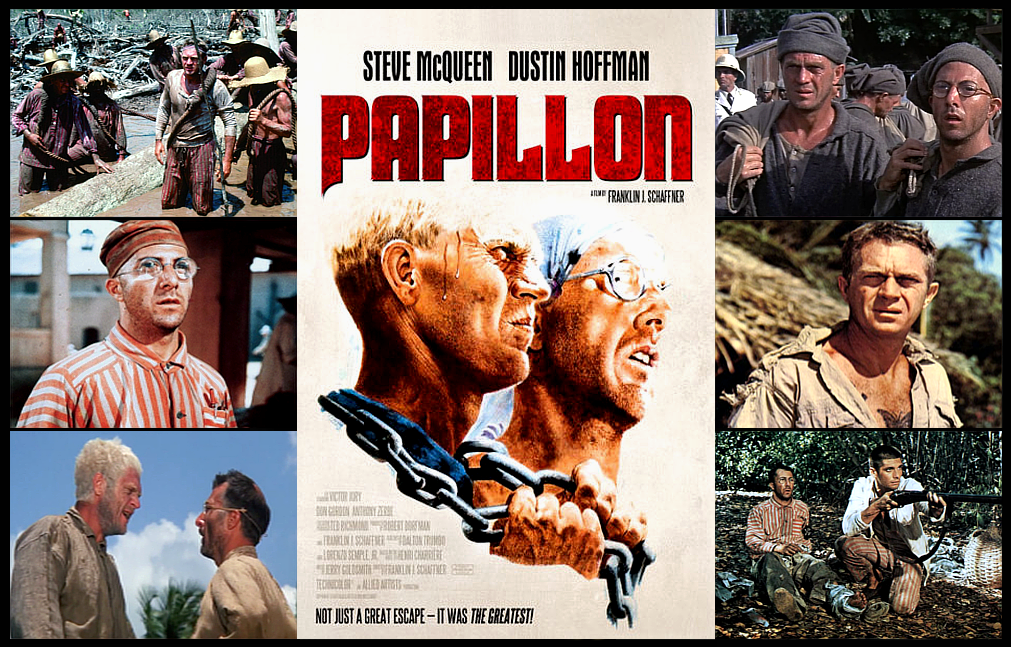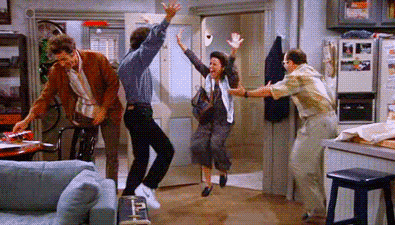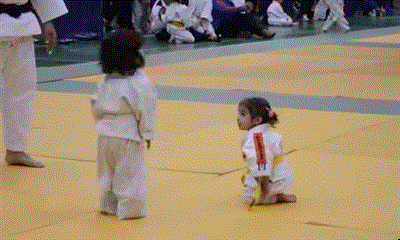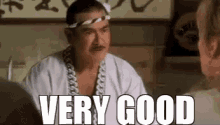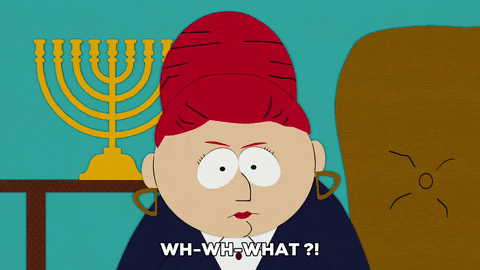Good point, it is very much in keeping with that decade. Also shout out Straight Time that is indeed an excellent, underrated film
Depending on how hardcore you decide to go in any of these directions if it ever strikes your fancy - crime films, prison films, or just 70s films in general - if you haven't seen
Midnight Express, that's the major one that I'd recommend out of all the films that I mentioned alongside
Papillon. Some are better than others, but
Midnight Express is one of those must-sees and is right there alongside
Papillon for me when we're talking about GOAT prison films, even beyond just the 70s.
Yeah, I'm not sure what it is but I found that portion a bit out of key and didn't really connect with it. That's some fair points though. Especially about the contrast between that and "the system". The bad guys in Papillon don't even seem inherently bad, or at least not gratuitously so. There are evil purely because they are a part of this wider penal code and prison system. It's very cold and calculating.
I get that sense of "Whoa, this is different." It reminds me of
Mutiny on the Bounty and the big shift from boat drama to island living, or even
Full Metal Jacket and the hard turn from boot camp to Vietnam. It's an adjustment, but it was never
so jarring that it took me out of it. But I liked what you had to say elaborating on the emphasis in the film on "the system." I love how even toward the end, the warden sending Papillon to solitary confinement looks beaten down. It doesn't matter that he's on "the other side" of the bars: He's part of this system and it's the system that grinds
everybody down.
And what a surprise, a film from the 70s with a "The system is bad" message

I am sure you despise Focault, but I couldn't help be reminded of certain parts of Discipline and Punish:
“Discipline 'makes' individuals; it is the specific technique of a power that regards individuals both as objects and as instruments of its exercise. It is not a triumphant power...it is a modest, suspicious power, which functions as a calculated, but permanent economy.”
I most certainly despise him as a human, and I think that a lot of what he had to say in the realms of philosophy and aesthetics was nonsense, but he had some gems on institutions, I'll give him that. And his panopticon shit has its merits. This is what's so interesting about
Papillon the film and Papillon the character, though: He's
never disciplined. Dega is. From the first scene when he needs protection to the last scene when he's gardening, you're looking at two completely different human beings. He wasn't able to hold on to his individuality. The system broke him down and he became a disciplined - which is to say, a
different - individual. Papillon reappearing allowed him to just barely graze with the tips of his fingers the vestiges of his old self - and I love that little nod when he sees Papillon float away before going back to his gardening - but he was too far gone. The film gives you the two sides of the coin: The man who becomes a part of the system and the man who beats the system.
Have seen Planet of the Apes, haven't seen Patton.
Patton is extraordinary for George C. Scott's powerhouse performance alone. On the whole, it's been too long for me to even remember most of the plot points or any sense of progression, themes, aesthetic choices, etc. But Scott is unforgettable.
Planet of the Apes, on the other hand, is a better premise than it is a film IMO.
Papillon is unquestionably Franklin J. Schaffner's crowning achievement. His early film
The Best Man is one of the most underrated political dramas out there while his later film
The Boys from Brazil became a cultural phenomenon of sorts and is a great showcase for older Hollywood icons, but
Papillon is where it's at

Not enough, you won't be surprised to learn <45>
Have seen The Great Escape of course, albeit many moons ago. The Magnificent Seven even more more moons ago. Other than that, Papillon I think! Not even your namesake.
You'd probably dig the experimental style of
The Thomas Crown Affair and perhaps even the nihilism of
The Cincinnati Kid. I wonder what you'd think of
The Sand Pebbles and
The Getaway, though. What you think of Peckinpah will likely dictate what you think of
The Getaway, as that and
Straw Dogs - made back to back - define Peckinpah for me.
The Sand Pebbles, meanwhile, is
very Hollywood - the budget, the scope, the "gloss" - but with a twist, particularly McQueen's characterization.
And then, of course,
Bullitt is just all kinds of awesome



